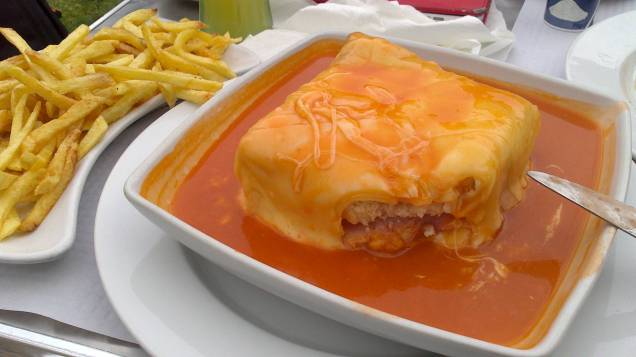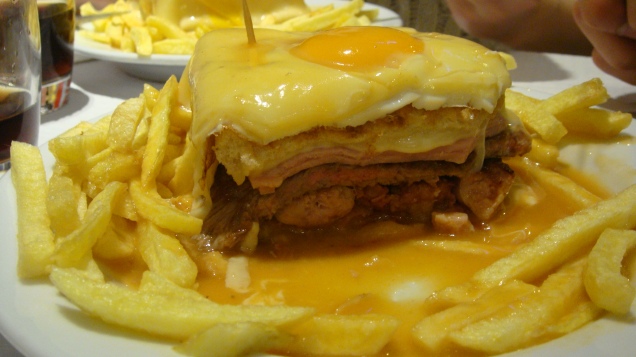If the summer is usually judged on the amount of clothes we shed, autumn/fall is always viewed as the return to a more clothed existence!
A shirt is the basic form of attire to jumpstart the process of dealing with the awareness that our warm-bloodedness only works up to a point (in the summer, when societal pressures/personal inhibitions make sure we have something on, a shirt or t-shirt is usually the thing that keeps nosy, prudish people from rioting).
Over here, the basic term for shirt is [a] camisa, which is usually set aside for formal-looking, buttoned shirts; loose, usually short-sleeved shirts without buttons are known as [a] camisola¹ (de manga curta), with the term [a] t-shirt (t pronounced just like in English, tee) also being quite popular.
¹ Weirdly enough, the term camisola is so broad that people can also use it for wool or knitted shirts (which are usually long-sleeved); T-shirts are therefore called [a] camisola de manga curta (short-sleeved shirts) if that disambiguation is necessary.




